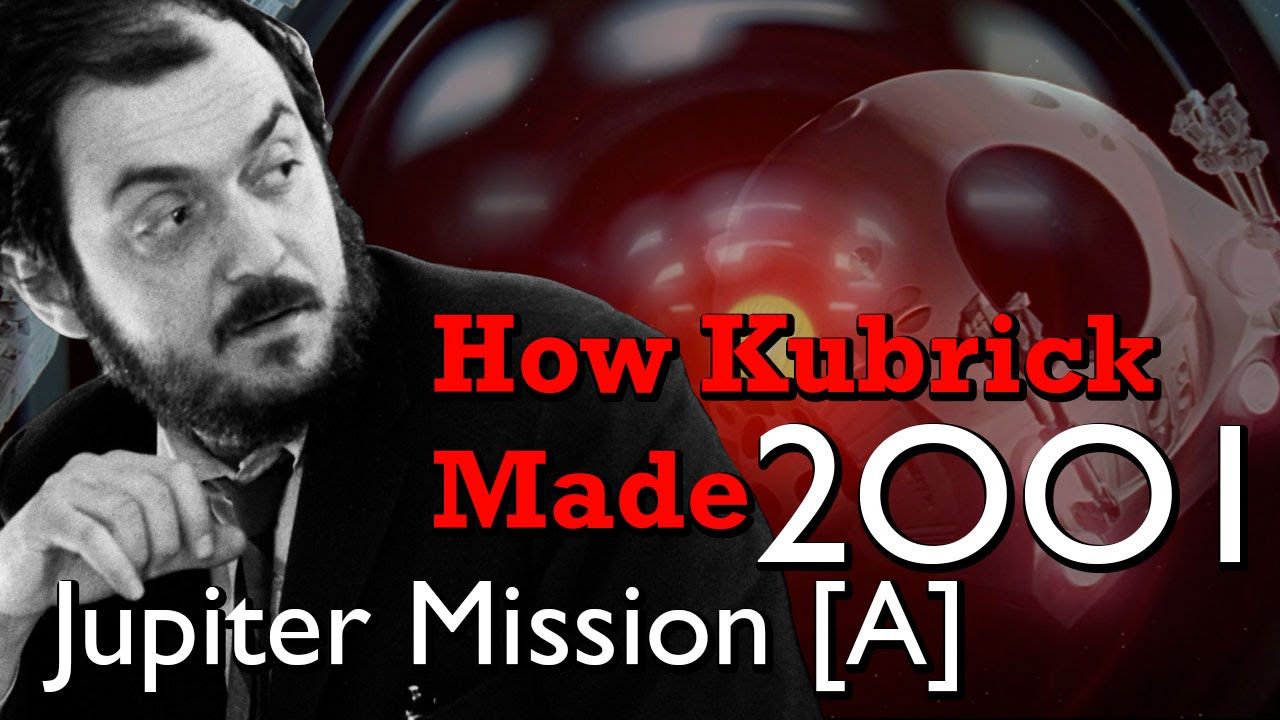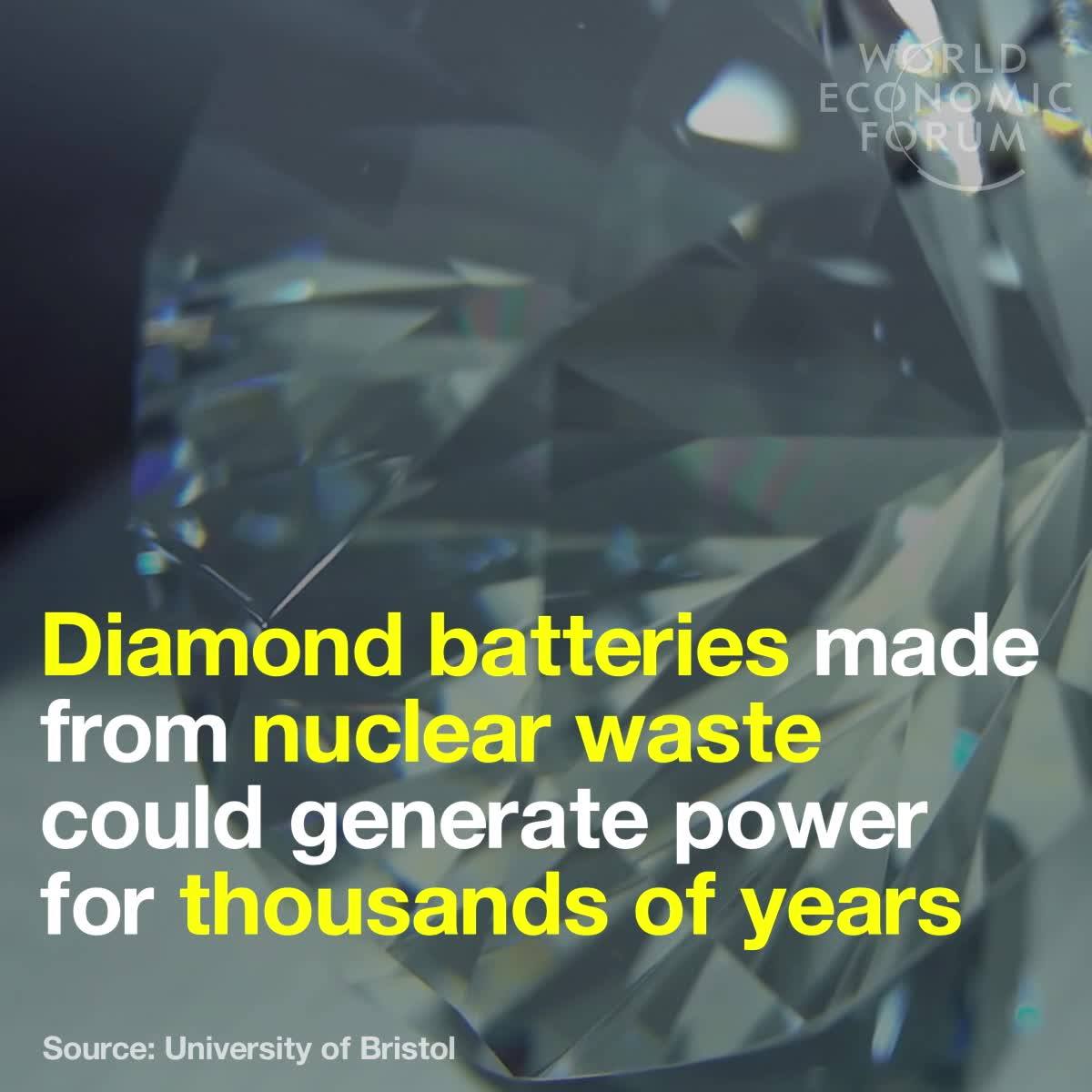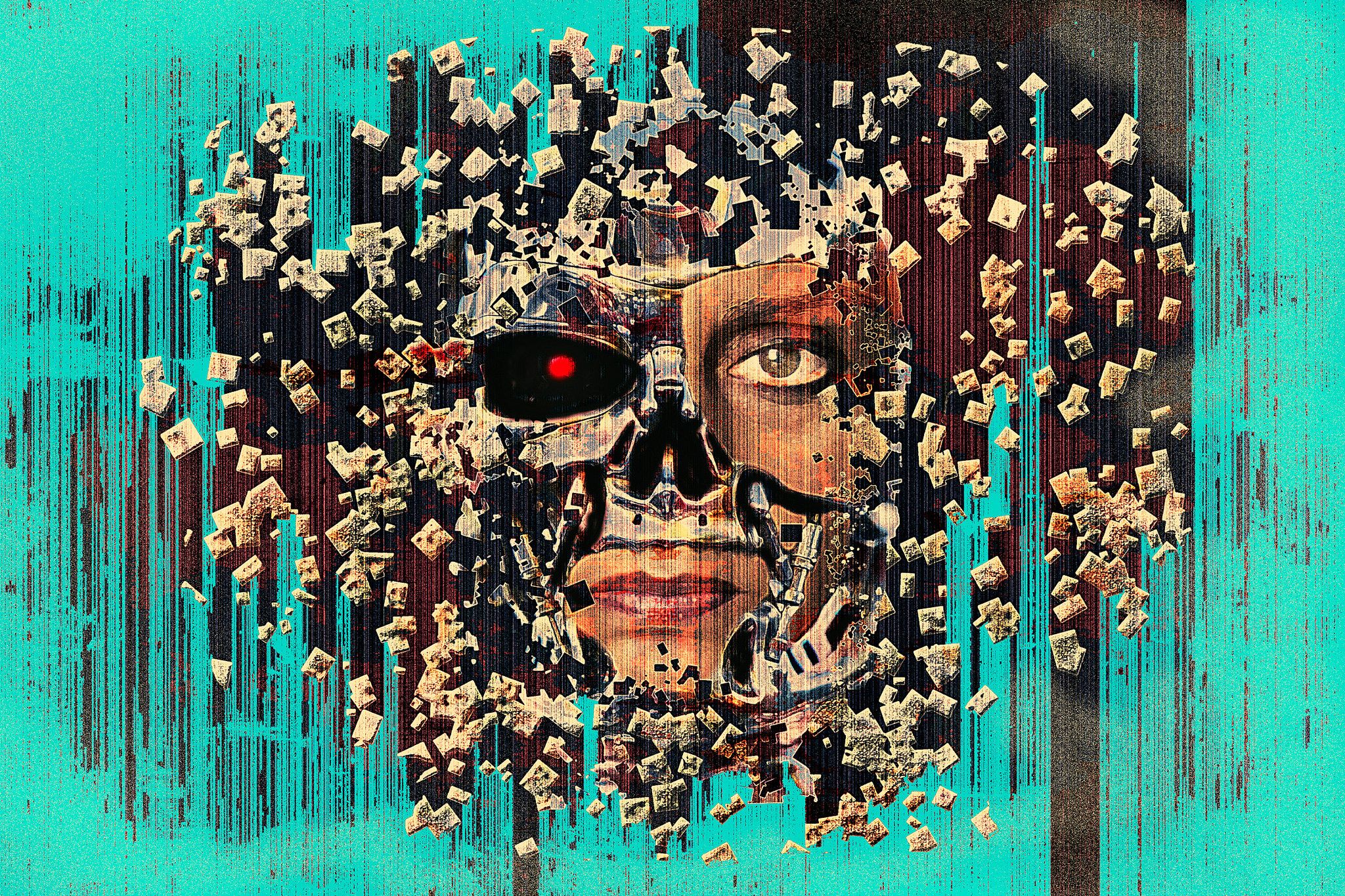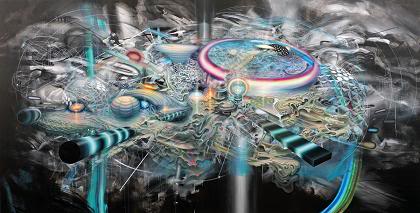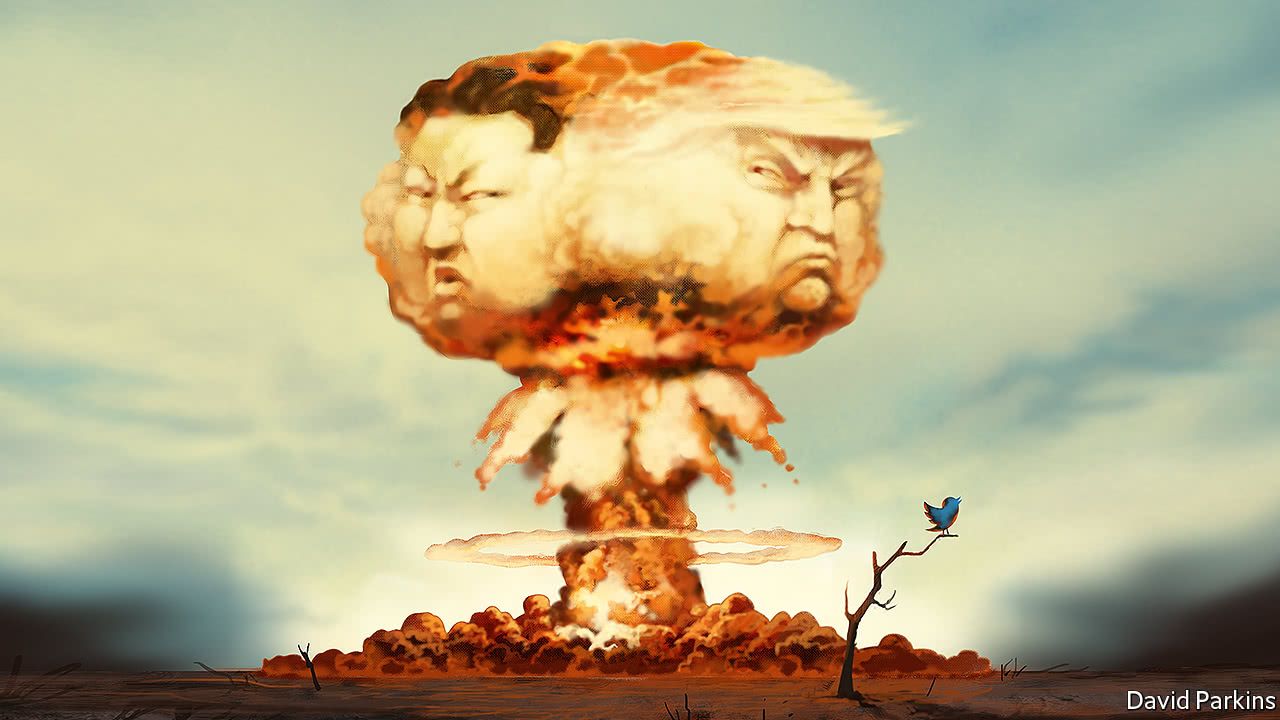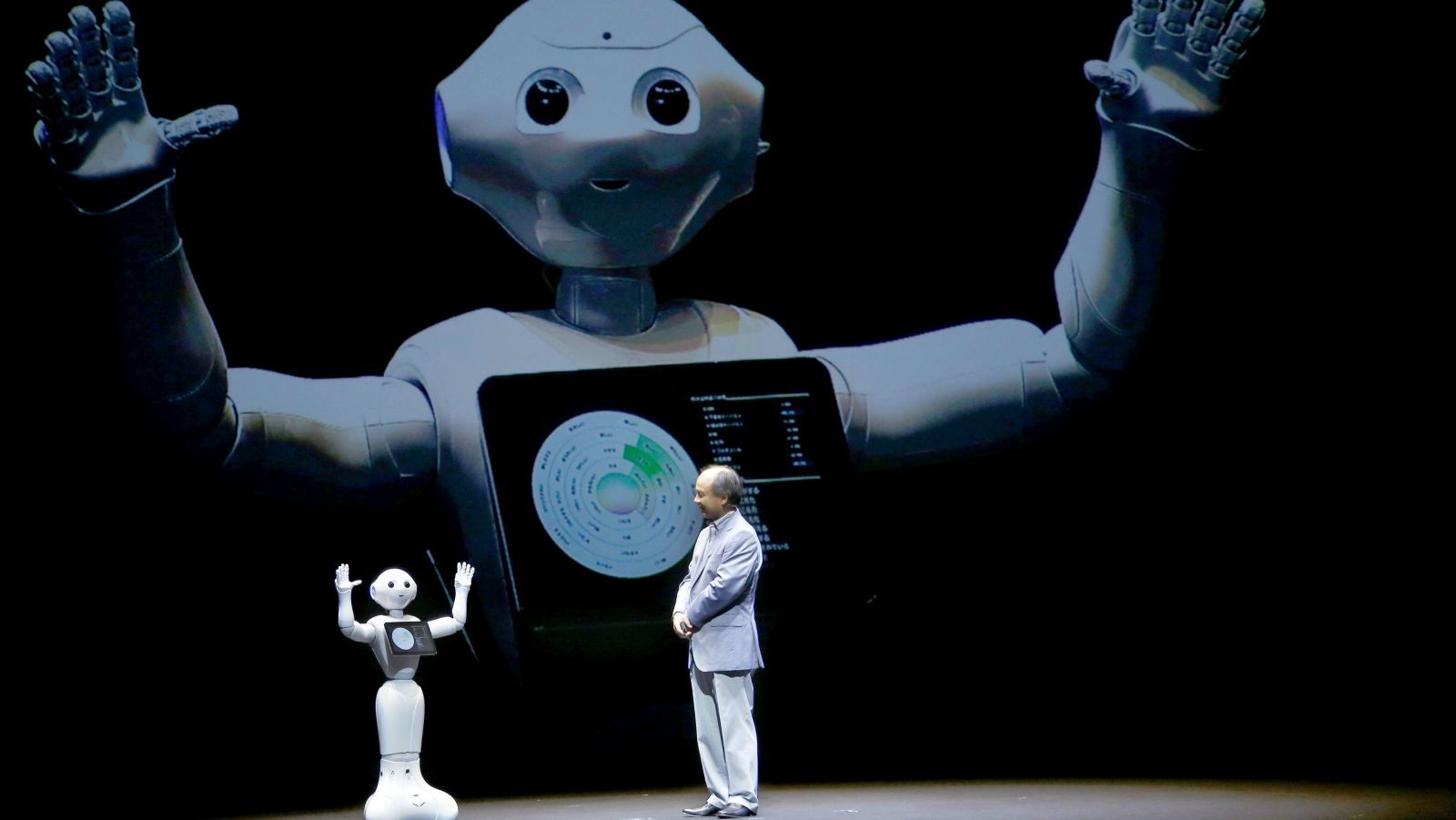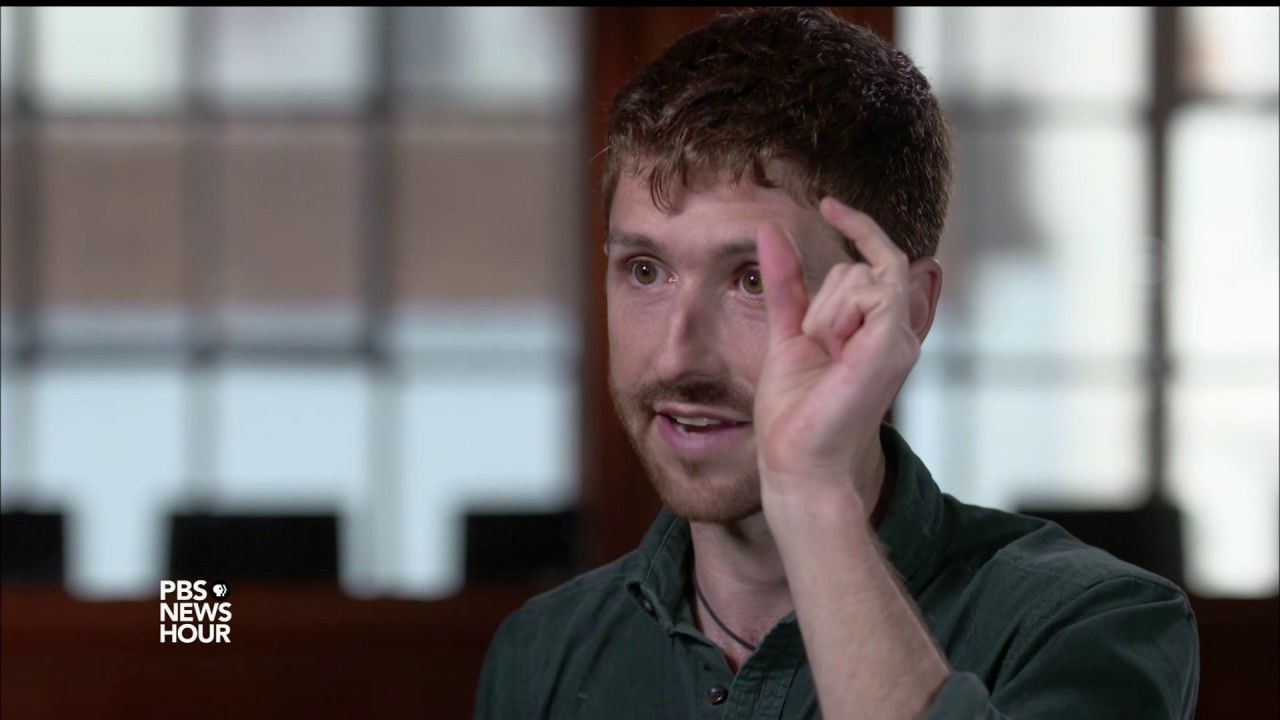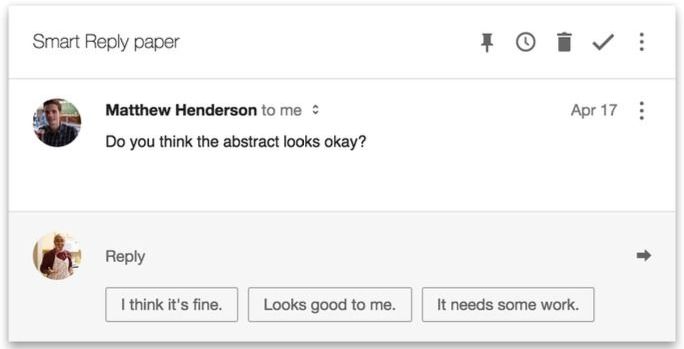Nextbigfuture wrote about the designs for an improved nuclear thermal rocket by John Bucknell. John has worked as a senior engineer on the SpaceX Raptor rocket. John provides high quality qualified work to his rocket designs and to his proposed space habitat.
Nextbigfuture comments had some technical observations about Project Timberwind and a comment from John himself that his design improves on flaws in the last major nuclear thermal rocket experiments. There were also comments and discussion about Star Trek and communism and O’Neill space stations.
Reddit futurology had two comments. One positive comment by the submitter and a negative comment complaining that the factual title was hype./a The title was trying to condense the concept that John’s habitat would have full Earth gravity and full radiation shielding. Colonies on the surface of Mars would have 38% of Earth gravity and colonies on the surface of the moon would have 16% of Earth gravity. Living in the current International space station is a microgravity environment with more radiation. It is well known that long term exposure to lower gravity is a problem. Muscles weaken bones thin out stress is placed on blood vessels Serious effort is needed to exercise while in low gravity to reduce effects and physiotherapy is needed to recover from the stays in orbit or on the Moon where there is low or no-gravity. Yet the title “Constructing full earth like conditions in Space with technology proven in the sixties” is claimed to be hype.
